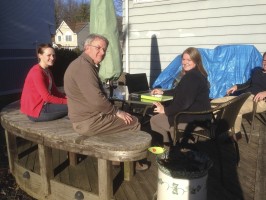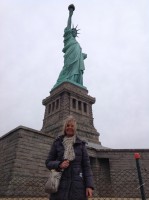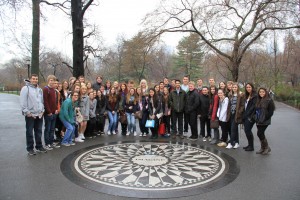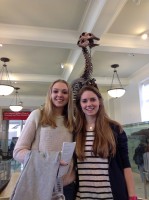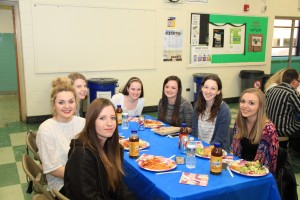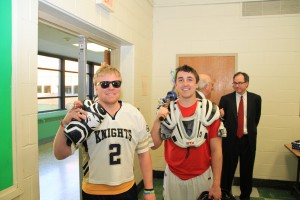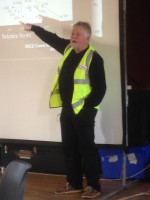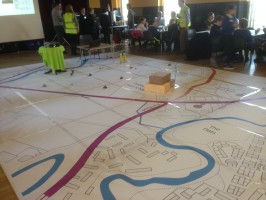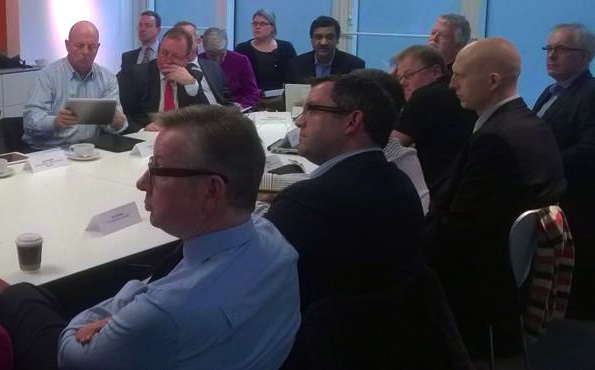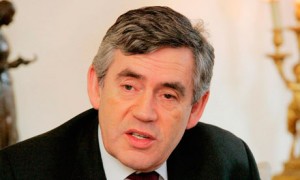Posted by upbeat | Posted in International Education, Leadership for Learning | Posted on April 15, 2014
Last week students in Northern Valley Schools, New Jersey welcomed 24 students and 4 staff from Dumfries & Galloway, Scotland. Families of students in Demarest and Old Tappan schools kindly hosted young people from Castle Douglas and Dalbeattie for the week of 5-12 April. This was our reciprocal visit to the USA following the American students’ visit to Dumfries & Galloway in April 2013.
SATURDAY
We had a good flight on United Airlines from Glasgow to Newark Liberty International Airport on Saturday 5th April. It was a very pleasant surprise to be met by Northern Valley friends greeting us warmly at the airport. From there we headed for Demarest High School to meet all host families. In the evening we went to the Ice Skating Rink at the Palisades Centre.
SUNDAY
Sunday was a day for host families to spend some quality time with the new arrivals. Our students were involved in a wide range of activities with their hosts. The weather was superb today and I was delighted to take part in a game of golf at River Vale Country Club.
Later that afternoon our chaperone group enjoy a traditional thanksgiving-style meal at Steve and Elaine O’Neill’s house.
MONDAY
Today we all meet up at Demarest at 7.45am and take a private coach to New York City. Highlight of the day is a boat trip to Ellis Island and the Statue of Liberty on Liberty Island. In the afternoon we visit the Reflecting Pools commemorating those lost in the World Trade Center tragedy.
TUESDAY
Today we have a very full and exciting day, starting in Central Park at the ‘Imagine’ commemoration for John Lennon.
We then head for the Museum of Natural History and then an opportunity for shopping at Times Square.
Our dinner at Ellen’s Stardust Diner features our waiters and waitresses also starring as Broadway singers in their own right!
After our meal we head to the Broadway show, ”Wicked”, which is for many of our group a highlight of the week. A truly excellent show.
Today, we all go to school, either at Old Tappan or Demarest. It’s very interesting to visit a range of classes in a New Jersey school. The schools are very well equipped with technology and other resources. In the evening, all the chaperones enjoyed a lovely meal at Claudia and Evan Cooper’s house. Claudia’s cooking is wonderful. I even took a picture of breakfast!
Thursday
Today our group takes on the challenge of the Project Adventure ropes course. Everyone has their own challenges and successes on this, with beautiful weather today helping all to enjoy the outdoor activities. In the evening we have a formal reception at Old Tappan with a few speeches and exchanges of gifts.
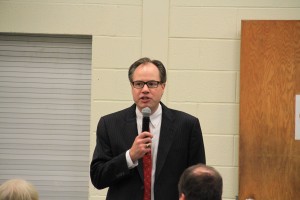
Superintendent Dr Chris Nagy, a great advocate for the Northern Valley / Dumfries & Galloway partnership
Friday
Another very full day starting at the Empire State Building with wonderful 360 views of New York and New Jersey from the top.

From the top of the Empire State Building looking towards the Freedom Tower and the Statue of Liberty.
We then go to the Metropolitan Museum of Art. This massive museum houses a huge range of amazing artefacts.
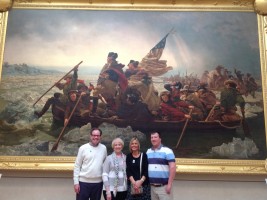
Famous painting of George Washington crossing the Delaware in December 1776 at the Metropolitan Museum of Art
In the evening we all board ‘The Spirit of New Jersey’ for an evening cruise and dinner. We enjoyed fantastic views of New York from the boat and also of the illuminated Statue of Liberty.
This has been a week we’ll never forget! Many thanks to all our friends and families in Northern Valley, New Jersey.




